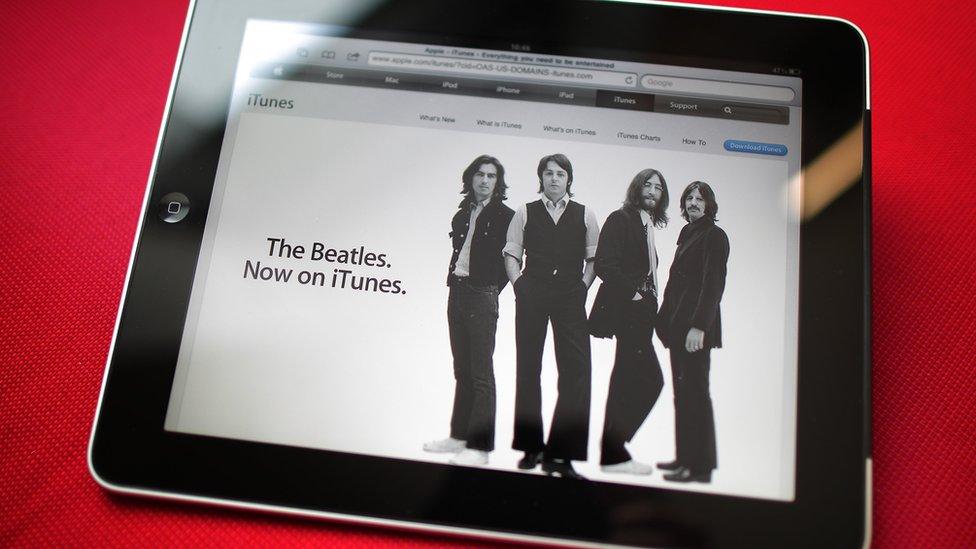HMRC warns on iTunes gift card scam
- Published

Vouchers that can be redeemed on iTunes are at the centre of the fraud
Hundreds of older and vulnerable people are getting ripped off by fraudsters who tell them to buy iTunes gift cards to pay their tax bills.
HM Revenue and Customs (HMRC) said there have been 1,500 reports of such scams since the start of last year.
Most victims are over 65 and lose ÂĢ1,150 each on average.
HMRC has said it is working with Apple and campaign groups to make sure the public know how to spot the scam and to whom they should report it.
Here's how it works: victims are first cold-called by the fraudsters, who pose as staff from HMRC.
They tell them they owe large amounts of tax.
The householders are then told to go and buy digital vouchers or gift cards, redeemable on sites such as iTunes, and read out the code.
Many of the victims agree to follow the instructions, as they don't know what an iTunes voucher is.
The conmen sell the codes on, or purchase high-value products, at the victim's expense.
On its support page, some fraudsters were using the same trick to persuade people to pay off hospital bills, bail money, debt collection fees and utility bills.
Since October, there has been new wording on the back of iTunes vouchers warning buyers not to share the code with anyone else.
It also warns specifically about tax bills: "The card cannot be used for any payments outside of the UK App Store or iTunes Store, including taxes."
HMRC described the scammers as "very confident, convincing and utterly ruthless".
"We urge people with elderly relatives to warn them about this scam and remind them that they should never trust anyone who phones them out of the blue and asks them to pay a tax bill," said Angela MacDonald, HMRC's director general of customer services.
"If you think you've been a victim, you should contact Action Fraud immediately."
HMRC would never ask for outstanding payments using iTunes gift cards, it added.